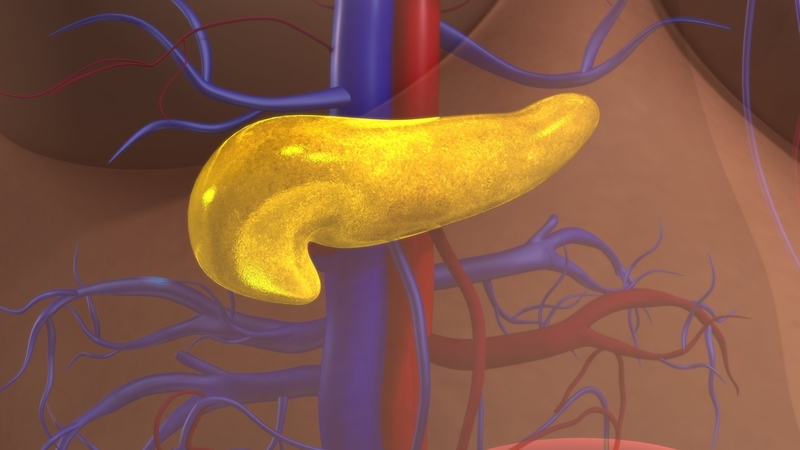Pancreatic stones considered a marker of chronic pancreatitis
UNI Aug 07, 2019
Pancreas performs a very important function that is crucial to the daily smooth functioning of the human body - digestion of food and release of insulin hormone for control of blood sugar, according to Dr Ajay Mandal, consultant, department of gastro sciences, CK Birla Hospitals-CMRI.

Dr Mandal said an Unhealthy or abnormally functioning pancreas, results in several health conditions depending on its severity and the part affected. He said the incidence of pancreatitis (inflammation in pancreas) has become very common in the city but the awareness on how deadly a pancreatic stone can be, yet to gather attention. Dr Mandal said Stones occur in many parts of the gastrointestinal tract and other organ systems. Some stones are asymptomatic, such as kidney stones, Other stones are almost always symptomatic, such as common bile duct stones or pancreatic stones or ureteral stones.
Removal of clinically symptomatic stones usually results in prompt clinical improvement (pain relief and infection resolution). Historically, pancreatic stones have been considered a marker of chronic pancreatitis, he said. Dr Mandal said Pancreatic stones develop from calcium deposits in the pancreas and pancreatic duct and can block the flow of digestive enzymes from the pancreas to the small intestine. They occur mostly in individuals who suffer from chronic pancreatitis, an inflammatory condition often associated with long-term alcohol abuse. Chronic Calcific Pancreatitis which usually encounters in nonalcoholic, younger aged patients without any known factors, here the pancreatic duct is full of stone, he said.
Dr Mandal said most of the patients present with a recurrent attack of abdominal pain, afraid to take feed, loss of weight and some will end up with brittle Diabetes due to loss of pancreatic tissue. When the pancreatic stones block the pancreatic duct, which connects the pancreas with the small intestine, the pancreas can no longer release digestive enzymes; its secretion of hormones that regulate blood sugar levels can also be affected, he said.
Dr Mandal explains, “Small pancreatic stones can be removed in a minimally invasive procedure called endoscopic retrograde cholangiopancreatography (ERCP). Here, a device called an endoscope – a long, flexible, lighted tube with a camera – is inserted through the mouth, down the throat, and past the stomach to view the pancreas, gallbladder, and bile ducts. Small stones can be removed with this device but in many cases, the addition of lithotripsy is required.”
“However, majority of patients, with multiple or larger stones will usually most benefited with Surgery. In the commonest form of surgery whole of the pancreatic duct is opened up, all stones are removed and the pancreatic duct is joined with part of the small intestine for free drainage of pancreatic juice,” Dr Mandal said. He further adds that “Preventing pancreatic stone depends on your eating habits and alcohol consumption, which is the reason for over 60 per cent of the cases. Patients need to immediately curb their alcohol intake and smoking and follow a low-fat diet as prescribed by the doctor.
-
Exclusive Write-ups & Webinars by KOLs
-
Daily Quiz by specialty
-
Paid Market Research Surveys
-
Case discussions, News & Journals' summaries